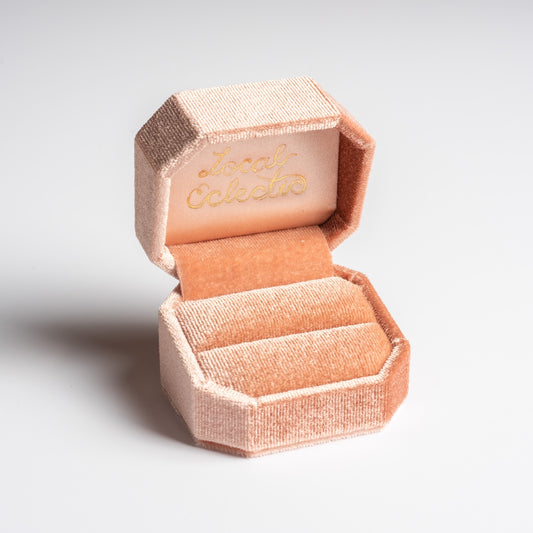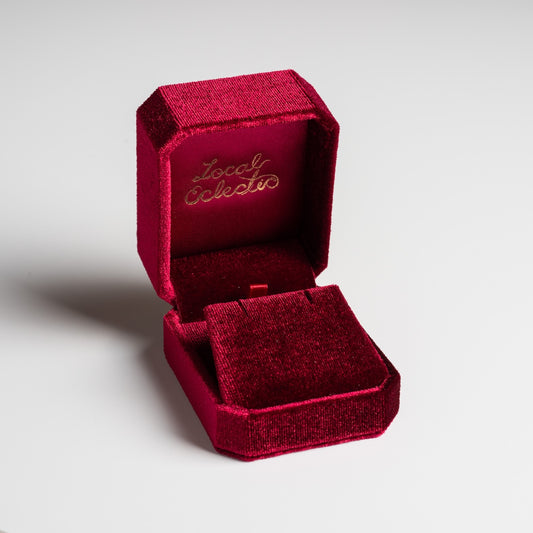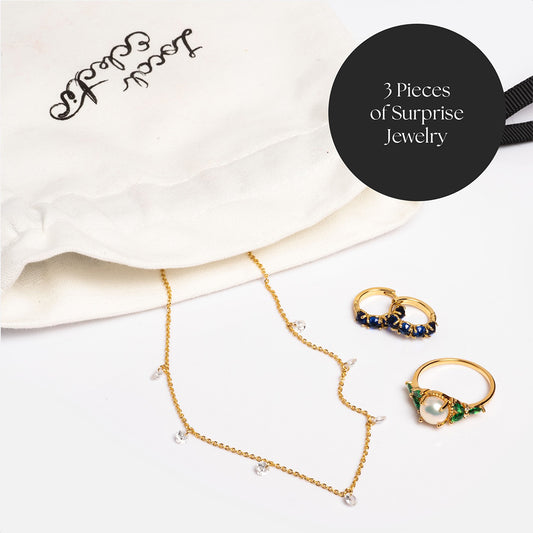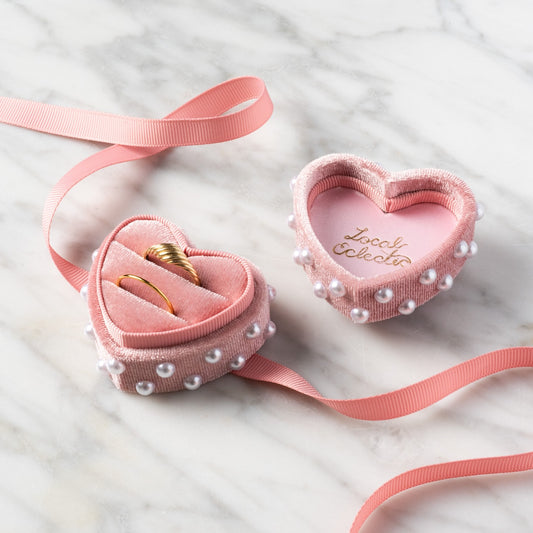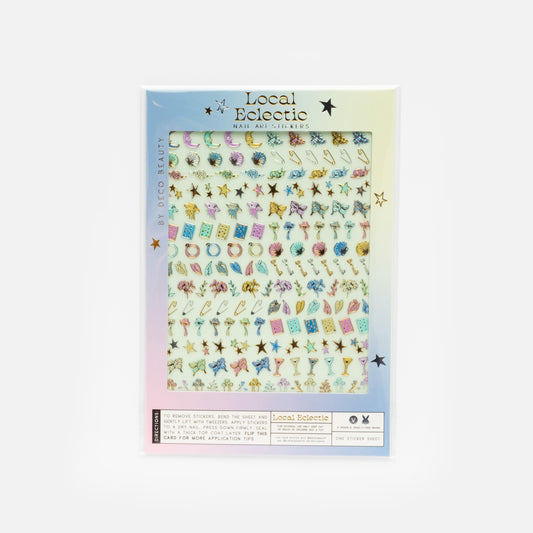The topic of sustainability is not a new one by any means, but more and more, this conversation is expanding, encompassing a diverse range of industries in the process. Alicia Millan, founder and owner of Aletheia & Phos, is one designer taking the initiative to insure that jewelry is involved in this movement. We spoke to the designer about the origins of her line and what inspired her to build a business model rooted in transparency.
Can you tell me a bit about the origins of Aletheia & Phos? What inspired the name for your brand?
Before I started a&p, I was working in fashion and studying reiki, a little side project just for myself. Reiki got me interested in crystals and their energetic and healing properties. I'd been working as a buyer, designer, and product developer for 10 years, so it was essentially the same thing, just with a different product. Designing crystal jewelry felt like a really natural progression from fashion.
Everyone gets my first name wrong the first time, so I thought I'd research where it originated. Alicia is derived from the Latin / Greek word Aletheia, which means truth, so with my Greek heritage I thought I'd have a chat with my yia yia, and not long after I had a name for the brand, Aletheia & Phos (truth and light). a&p are also mine and my brother's initials, so it just felt right.
You're really passionate about sustainability. Where did this interest stem from?
When I first started in fashion and grasped how much water was needed to dye one garment, my mind was blown. We never talked about this kind of stuff in production meetings 10 years ago. We didn't ask questions about it.
I worked for major retailers in Australia and when I was sourcing new fabrics or designing apparel, it was my job to test bulk fabrics; to make sure the composition was exactly what it was supposed to be so the care label was correct, make sure it was colorfast and it wasn't going to pill or stretch out of shape, that dyes didn't have formaldehyde and that hardware used was nickel and lead free, etc. We'd go to those length to make sure the garment was manufactured properly for its end use. Audits were regularly done with factories but it was never a thing that was openly communicated with the team.
One company I worked for went above and beyond with compliance to ensure that everything we produced was manufactured ethically; the people employed to produce our garments were working in safe, heathy environments, they were paid fair wages, were working set hours, etc. Our team was given regular updates about audits, audit results, what was and wasn't working, and what needed to be improved. There was transparency.
I was responsible for every component of every garment I developed being compliant. From the thread used to over lock seams, zippers, zipper pullers, rivets, the cotton used to weave the fabric, everything had to be tested and meet strict requirements. Implementing this is what really cemented my passion for compliance and sustainability.
I think it's really admirable that your pieces are not only hand-crafted, but done so ethically. Tell me a bit about what goes into creating a piece of sustainable jewelry.
Creating a piece of sustainable jewelry can be a challenge. I started sourcing suppliers and makers in June 2014 and didn't find what I was looking for until June 2016. I inspected factories, I met with new suppliers in their offices so I could see things firsthand, I visited stone dealers and inspected their production space, saw work conditions firsthand, sifted through drums of rough and asked hundreds of questions.
Partnering with makers and suppliers that have a sustainability strategy is key. Compliance is the single most important part of what I do. Creating a piece of sustainable jewelry means that everything is inspected, monitored, and tested on a regular basis. Every step is socially, ethically, and environmentally responsible. I'm committed to continually improving and doing everything I can to create sustainable jewelry and a sustainable business.
Aletheia & Phos is certified by the Responsible Jewelry Council. What this certification does is provide evidence of responsible business practices. It covers everything from general requirements like financial accounts to responsible working conditions, mining, environmental management, and health and safety conditions.
We have an incredible relationship with our makers and I'm so proud to partner with people who understand our brand, vision, and sustainability strategy. As a business, we're constantly looking for ways to improve this strategy, from printing on 100% recycled paper to getting RJC Certification for our jewelry. We never stop brainstorming ways we can improve for our customer, our partners, and the environment.
